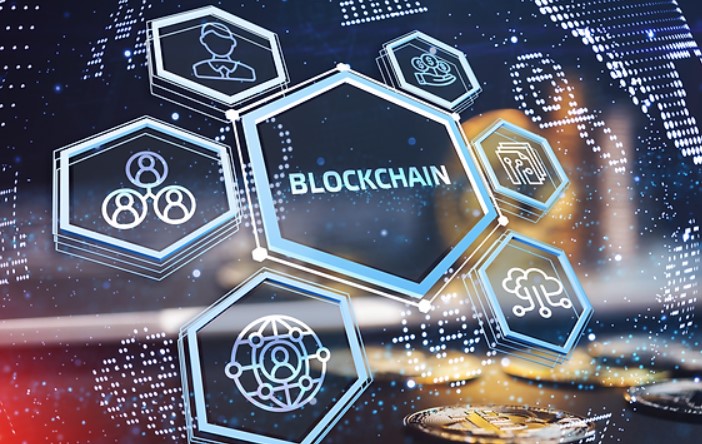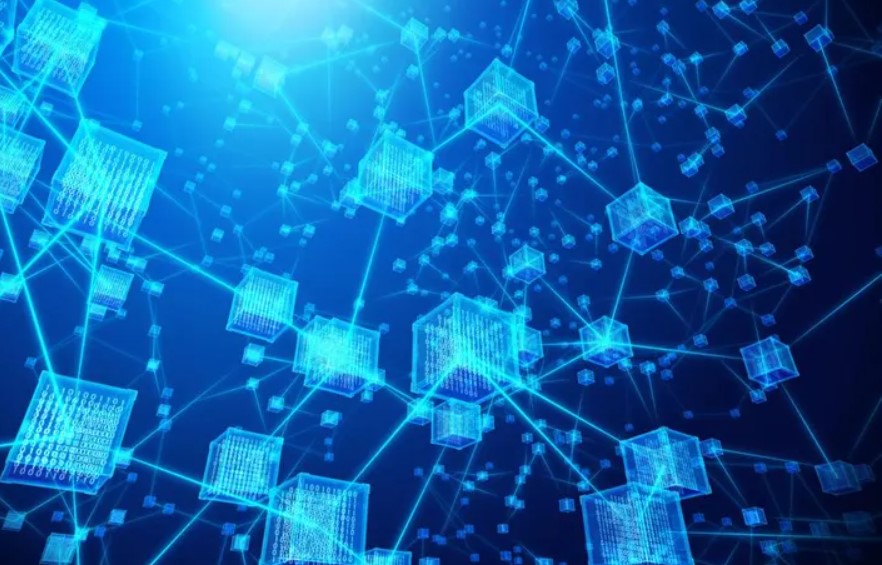Overview of blockchain technology and its significance in education
Introduction to TON and its potential to transform learning
Blockchain technology, often associated with cryptocurrencies, possesses transformative potential beyond financial contexts, notably in the field of education. By fostering decentralization, it significantly enhances the accessibility, equity, and efficiency of educational resources and processes. The Open Network (TON), with its high scalability and user-friendly design, emerges as a potent tool capable of revolutionizing the educational landscape. How TON powers learning is by providing a decentralized infrastructure that enhances security, transparency, and ownership of digital credentials in educational platforms.
Understanding Decentralized Learning Platforms
Decentralized learning platforms leverage blockchain technology to distribute educational content and administrative processes across a decentralized network, rather than being controlled by a single entity. This decentralization is crucial for enhancing educational accessibility and equity, removing geographical and socioeconomic barriers to learning. Educational platforms utilizing TON leverage blockchain to offer secure, verifiable certification for online courses, ensuring the authenticity of achievements and protecting against fraud.
Definition and importance of decentralized learning
Decentralized learning refers to an educational model that leverages the principles of decentralization, primarily through the use of blockchain and other distributed ledger technologies, to manage and disseminate educational content, resources, and records across a distributed network. The impact of blockchain on education includes greater transparency in tracking academic progress, decentralized learning opportunities, and the creation of tamper-proof records for student achievements.
How these platforms enhance accessibility and equity in education
Decentralized learning platforms, particularly those built on blockchain technology like TON, represent a paradigm shift in the accessibility and equity of education. By utilizing decentralized networks, these platforms offer innovative solutions that tackle some of the most persistent barriers to education, including geographic limitations, high costs, and the lack of verifiable credentials.

The Role of TON in Education
TON’s infrastructure offers several features and advantages conducive to Blockchain Education initiatives. Its capacity for handling high-throughput transactions and securing data makes it an ideal backbone for decentralized education solutions with TON:
- Scalability: TON can process a vast amount of data quickly and efficiently, supporting the distribution of educational resources without compromising speed or accessibility.
- Security and Privacy: Utilizing advanced encryption, TON protects sensitive educational data, maintaining the privacy of learner records and credentials.
Examples of how TON supports decentralized educational solutions
- Credential Verification: TON can host digital credentials, facilitating instant verification of academic records, which simplifies admissions and job applications.
- Decentralized Educational Platforms: Utilizing TON, developers can build platforms where learners access courses from anywhere globally, breaking down traditional barriers to education.
Overview of TON’s features and advantages for educational initiatives
The Open Network (TON) is a high-performance Blockchain for Learning designed with features that offer unique advantages of TON in education. Its architecture not only supports cryptocurrency transactions but also fosters a vast array of decentralized applications (dApps), including those in the education sector
Innovative Educational Solutions Powered by TON:
Several educational platforms have started exploring TON technology to enable TON and Learning Innovations in learning experiences:
- Micro-Credentials: Blockchain-based platforms on TON can issue micro-credentials or digital badges to learners, representing their achievements and skills in a secure, verifiable manner.
- Decentralized Learning Resources: TON facilitates the creation and distribution of learning materials across a decentralized network, ensuring content integrity and democratizing access to educational resources.
These innovations are emblematic of blockchain’s potential to customize and secure the learning experience, catering to the needs of a diverse global learner base.
Discussion of specific educational platforms utilizing TON technology
As of the latest information available to me up to December 2023, specific educational platforms utilizing TON (The Open Network) technology may not be widely publicized, reflecting the relatively nascent stage of TON’s adoption in the educational sector.
Innovations in learning experiences enabled by blockchain, such as credential verification and micro-credentials
Blockchain technology, known for underpinning cryptocurrencies like Bitcoin, has rapidly emerged as a transformative force in various sectors, notably in education. Its unique characteristics—decentralization, immutability, and transparency—offer groundbreaking solutions to longstanding challenges in educational systems worldwide.
Benefits of Implementing TON in Educational Environments
The integration of TON into educational settings offers numerous advantages:
- Transparency: The immutable nature of records on TON ensures that educational credentials are transparent and tamper-proof.
- Security: TON’s role in education encryption safeguards sensitive educational data, enhancing privacy and security.
Analysis of the advantages, including transparency, security, and cost-effectiveness
Blockchain technology, with its intrinsic features such as decentralization, transparency, security, and efficiency, is poised to bring transformative changes to the educational sector. Beyond the applications like credential verification, decentralized learning platforms, and issuance of micro-credentials.
Impact of blockchain technology on enhancing learner engagement and outcomes
- Personalized Learning Experiences.
- Enhanced Credentialing and Skills Verification.
- Increased Access and Equity.
- Lifelong Learning and Continuous Professional Development.

Conclusion
TON is at the cusp of reshaping educational paradigms, fostering a landscape where learning is more accessible, secure, and equitable. As blockchain technology continues to evolve, its adoption in education holds the promise of transforming how educational content is created, delivered, and certified.
Summary of how TON is reshaping the landscape of education
The Open Network (TON) is emerging as a transformative force in the educational sector, leveraging blockchain technology’s inherent advantages to redefine how educational content is delivered, accessed, and certified. Through its innovative features, TON is addressing long-standing challenges in education such as accessibility, verification of credentials, and learner engagement.
Future prospects for blockchain in education and the potential for widespread adoption
TON, through its application of blockchain technology, is on the cusp of initiating significant reforms in the education sector. By enhancing accessibility, ensuring the security and verifiability of credentials, and enabling cost-effective educational models, TON is paving the way for a more inclusive, efficient, and adaptive educational landscape.